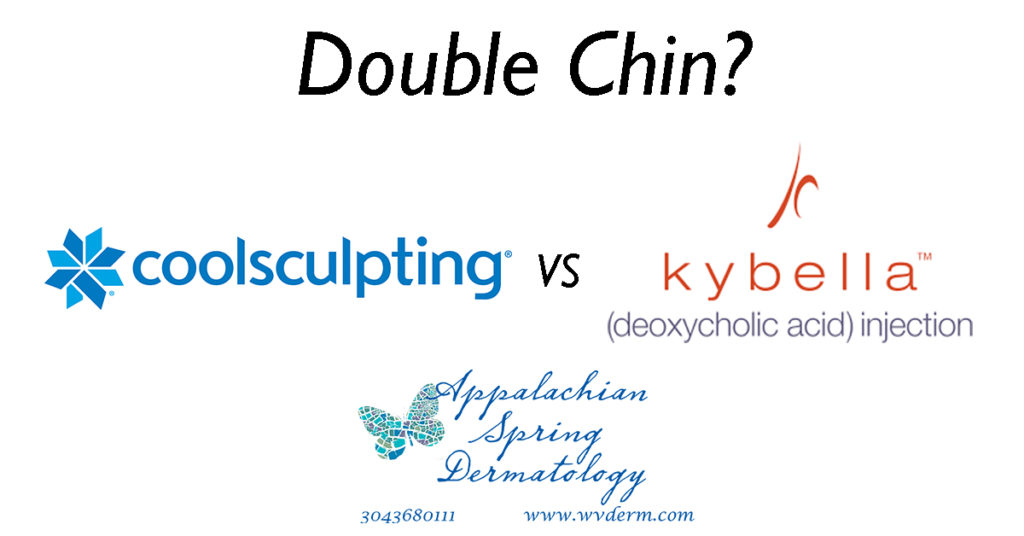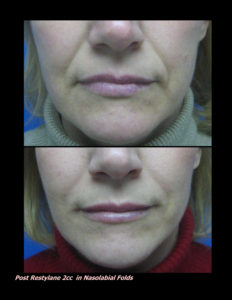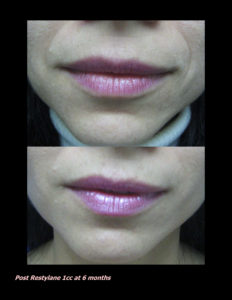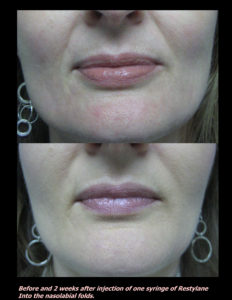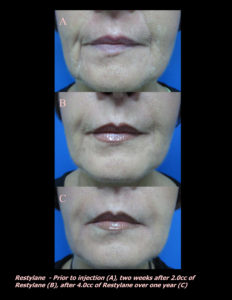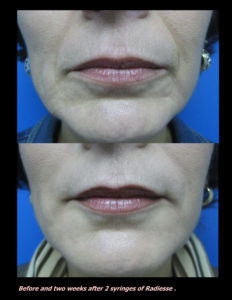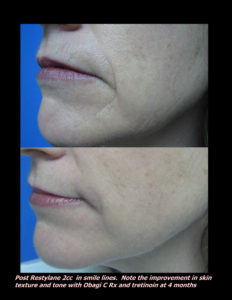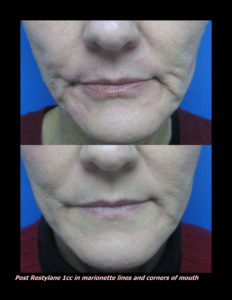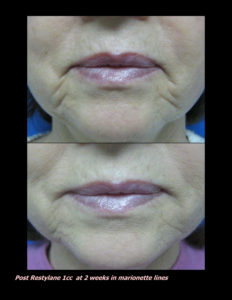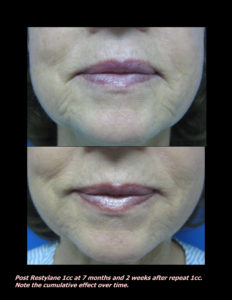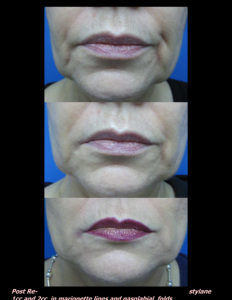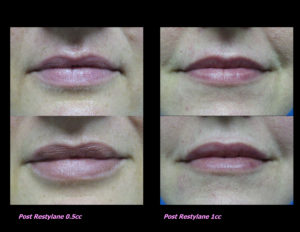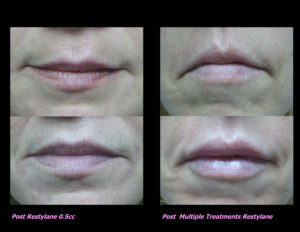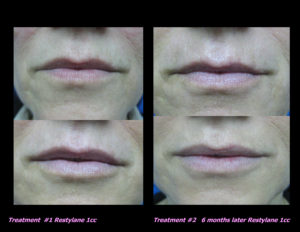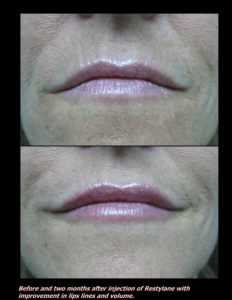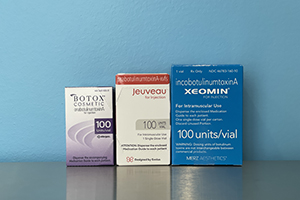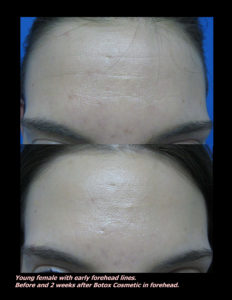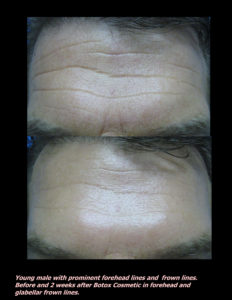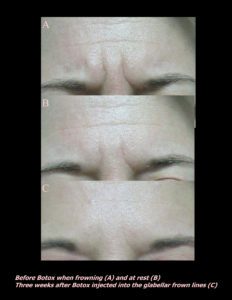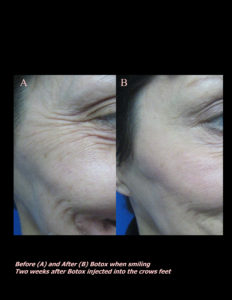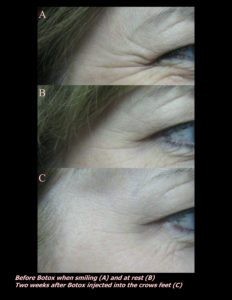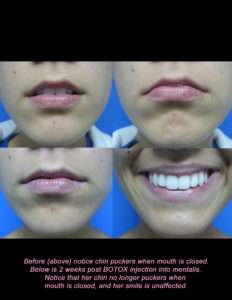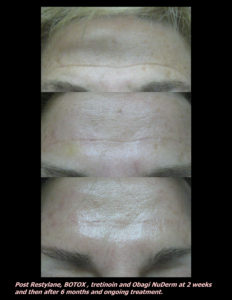For many excessive sweating can be a really big problem. In this article we will address common causes of excessive sweating and the next we will discuss treatments for excessive sweating.
The fancy name for excessive sweating is hyperhidrosis. This can be experienced anywhere on the body where we have sweat glands, scientifically called eccrine glands. Eccrine glands are the glands that produce wetness versus apocrine glands produce scent. (To remember which is which, I focus on the “E” in Eccrine and wEt.) Most areas of our bodies have eccrine glands, versus apocrine glands are only located in certain areas. Only the lips, nail beds, external ear canal and some areas of our genitalia lack sweat glands.
Hyperhidrosis is an overproduction of sweat beyond what is necessary for maintaining body temperature. Hyperhidrosis can be PRIMARY, which means there is no underlying cause or SECONDARY which means it is triggered by some external factor such as medication or a medical condition. Although almost all areas of the skin contain eccrine sweat glands, primary hyperhidrosis is most common seen on hands, feet and underarms.
According to the International Hyperhidrosis Society, criteria for PRIMARY Hyperhidrosis includes focal visible excess sweat for at least six months without apparent cause PLUS at least two of the following criteria:
- Your sweat is bilateral and relatively symmetrical, meaning you sweat the same on both sides of your body. This is usually focal or limited to a specific area.
- Your excess sweat impairs your daily activities.
- You experience at least one episode a week.
- The onset of your excess sweat is earlier than age 25.
- You have a positive family history. (Meaning that other members of your family suffer from similar sweating problems.)
- You stop sweating when you’re sleeping.
In contrast SECONDARY hyperhidrosis can be related to psychosocial stress, medications and a number of medical conditions. Secondary hyperhidrosis is more likely to be on larger areas of the body and more likely to continue even while sleeping. There is a long list of medical conditions ( LINK 1) and medicines LINK 2 that cause hyperhidrosis, but we most commonly think of infection, malignancy, thyroid and diabetes triggering hyperhidrosis.
If you know someone who may find this article helpful, please share it with them! Follow us on social media this week, and subscribe to our growing YouTube channel! If you would like to receive these posts in your email inbox, Subscribe to our Site.
chrome-extension://efaidnbmnnnibpcajpcglclefindmkaj/https://www.sweathelp.org/pdf/drugs_2009.pdf
If you are concerned about your sweating, discuss it with your primary care or dermatologist. Some blood work might be necessary to determine if there is an underlying medical condition.
There are a wide variety of treatments for hyperhidrosis, some for both types and some just for primary focal hyperhidrosis. In the next article, we’ll discuss treatment options.






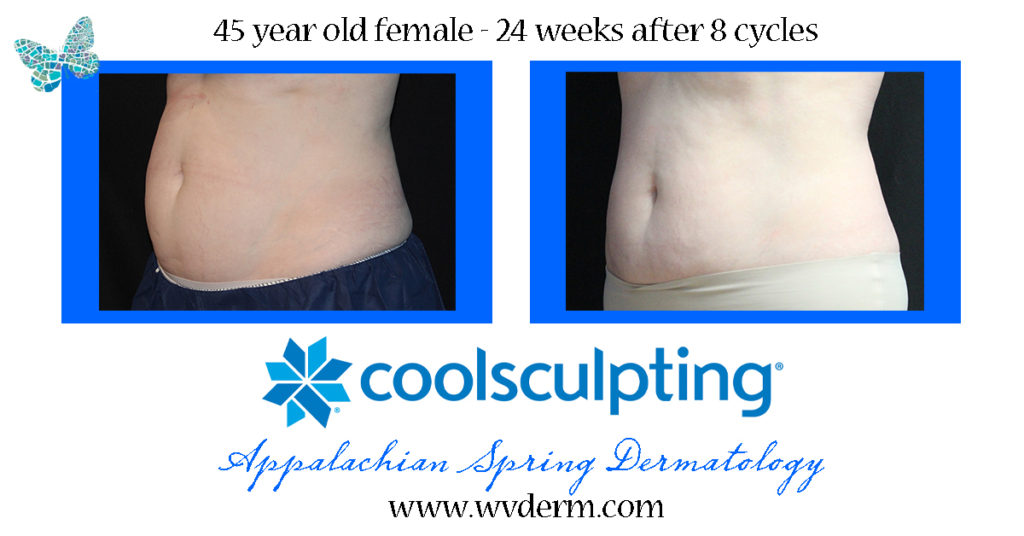
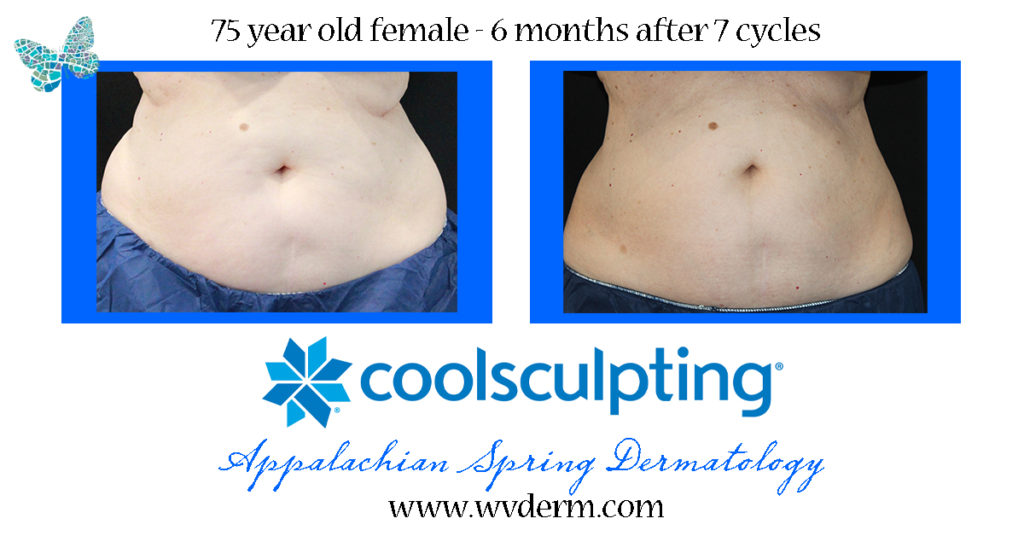


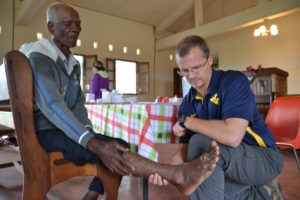


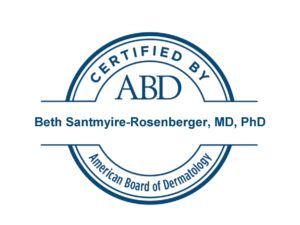

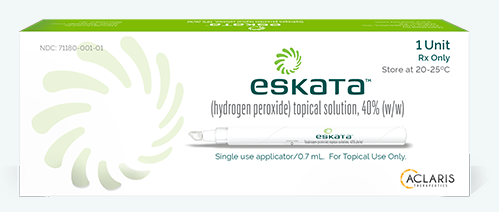

 Laser Vein Reduction Treatments
Laser Vein Reduction Treatments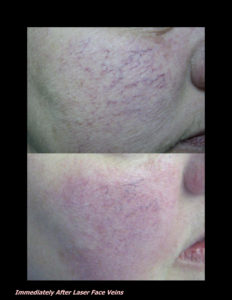
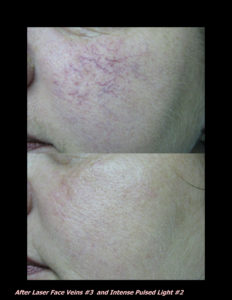
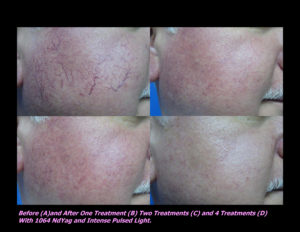
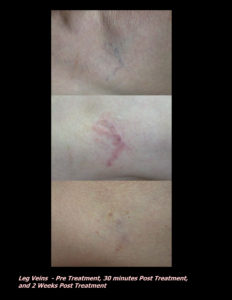
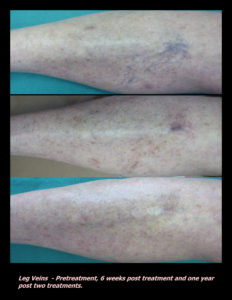
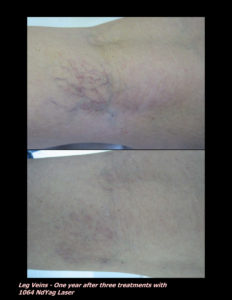
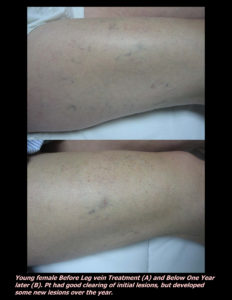
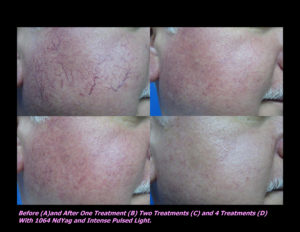
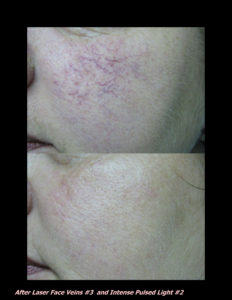

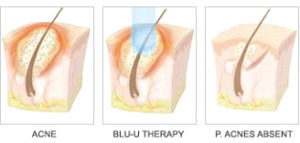
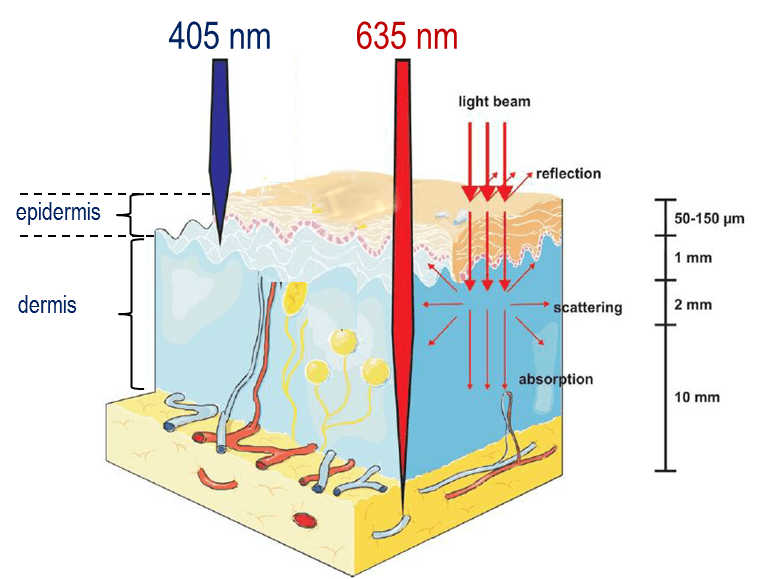
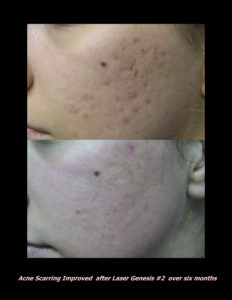
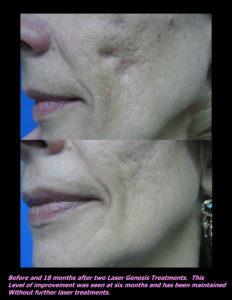


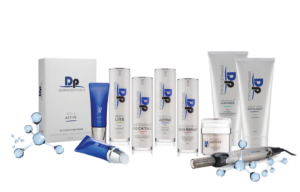 DP Dermaceutical Products
DP Dermaceutical Products